Empathy plays a critical role, providing an emotional bridge between individuals, but the concept of empathy is still a mystery. However, experts have now recognized empathy and empaths as legitimate in the factual world with scientific explanations. The science of empathy says there are specific regions in our brain that are associated with empathetic behavior.
As a psychiatrist and an empath, I am fascinated by how the phenomenon of empathy works. I feel passionate that empathy is the medicine the world needs right now.
Empathy is when we reach our hearts out to others and put ourselves in their shoes. However, being an empath goes even further. Like many of my patients and myself, empaths are people who’re high on the empathic spectrum and actually feel what is happening in others in their own bodies.
As a result, empaths can have incredible compassion for people–but they often get exhausted from feeling “too much” unless they develop strategies to safeguard their sensitivities and develop healthy boundaries.
In my book, “The Empath’s Survival Guide” I discuss the following intriguing scientific explanations of empathy and empaths. These will help us more deeply understand the power of empathy so we can utilize and honor it in our lives.
5 Scientific Explanations of Empathy and Empaths
1. The Mirror Neuron System
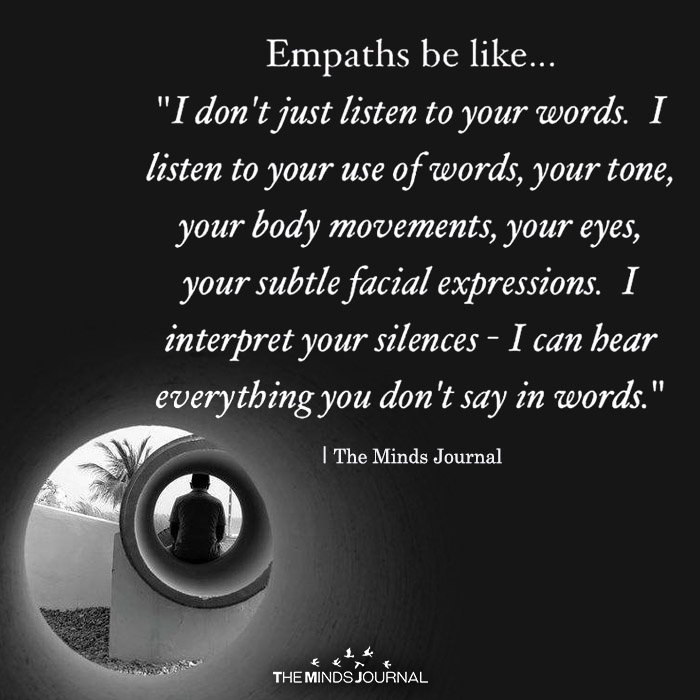
Researchers have discovered a specialized group of brain cells that are responsible for compassion. These cells enable everyone to mirror emotions, to share another person’s pain, fear, or joy. Because empaths are thought to have hyper-responsive mirror neurons, we deeply resonate with other people’s feelings.
How does this occur? Mirror neurons are triggered by outside events. For example, our spouse gets hurt, we feel hurt too. Our child is crying; we feel sad too. Our friend is happy; we feel happy too. In contrast, psychopaths, sociopaths, and narcissists are thought to have what science calls “empathy deficient disorders.”
This means they lack the ability to feel empathy like other people do, which may be caused by an under-active mirror neuron system. We must beware of these people because they are incapable of unconditional love.
2. Electromagnetic Fields
The second finding is based on the fact that both the brain and the heart generate electromagnetic fields. According to the HeartMath Institute, these fields transmit information about people’s thoughts and emotions.
Empaths may be particularly sensitive to this input and tend to become overwhelmed by it. Similarly, we often have stronger physical and emotional responses to changes in the electromagnetic fields of the earth and sun. Empaths know well that what happens to the earth and sun affects our state of mind and energy.
Similarly, we often have stronger physical and emotional responses to changes in the electromagnetic fields of the earth and sun. Empaths know well that what happens to the earth and sun affects our state of mind and energy.
Read: 13 Signs You Are A Psychic Empath
3. Emotional Contagion
The third finding which enhances our understanding of empaths is the phenomenon of emotional contagion. Research has shown that many people pick up the emotions of those around them. For instance, one crying infant will set off a wave of crying in a hospital ward.
Or one person loudly expressing anxiety in the workplace can spread it to other workers. People commonly catch other people’s feelings in groups. A recent New York Times article stated that this ability to synchronize moods with others is crucial for good relationships.
What is the lesson for empaths? To choose positive people in our lives so we’re not brought down by negativity. Or, if, say a friend is going through a hard time, take special precautions to ground and center yourself. These are important strategies you’ll learn in this book.
4. Increased Dopamine Sensitivity
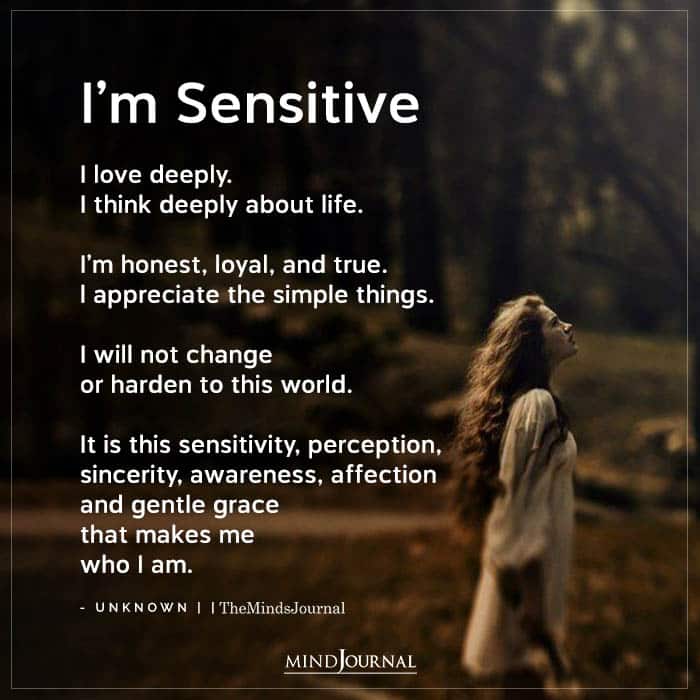
The fourth finding involves dopamine, a neurotransmitter that increases the activity of neurons and is associated with the pleasure response. Research has shown that introverted empaths tend to have a higher sensitivity to dopamine than extroverts.
Basically, they need less dopamine to feel happy. That could explain why they are more content with alone time, reading, and meditation and need less external stimulation from parties and other large social gatherings. In contrast, extroverts crave the dopamine rush from lively events. In fact, they can’t get enough of it.
Read: What Is Hyper Empathy Syndrome? 12 Symptoms and How To Cope
5. Synesthesia
The fifth finding, which I find particularly compelling, is the extraordinary state called “mirror-touch synesthesia.” Synesthesia is a neurological condition in which two different senses are paired in the brain. For instance, you see colors when you hear a piece of music or you taste words.
Famous synesthetics include Isaac Newton, Billy Joel, and violinist Itzhak Perlman. However, with mirror-touch synesthesia, people can actually feel the emotions and sensations of others in their own bodies as if these were their own. This is a wonderful neurological explanation of an empath’s experience.
The Dali Lama says, “Empathy is the most precious human quality.” During these stressful times, it’s easy to get overwhelmed. Even so, empathy is the quality that will get us through. It will enable us to respect one another, even if we disagree.
Empathy doesn’t make you a sentimental softy without discernment. It allows you to keep your heart open to foster tolerance and understanding. It might not always be effective in getting through to people and creating peace but I think it’s the best chance we have.
(Adapted from “The Empath’s Survival Guide: Life Strategies for Sensitive People“ by Judith Orloff, MD, which is a guidebook for empaths and all caring people who want to keep their hearts open in an often-insensitive world.)
Written By: Dr. Judith Orloff
Originally Appeared On: Dr. Judith Orloff






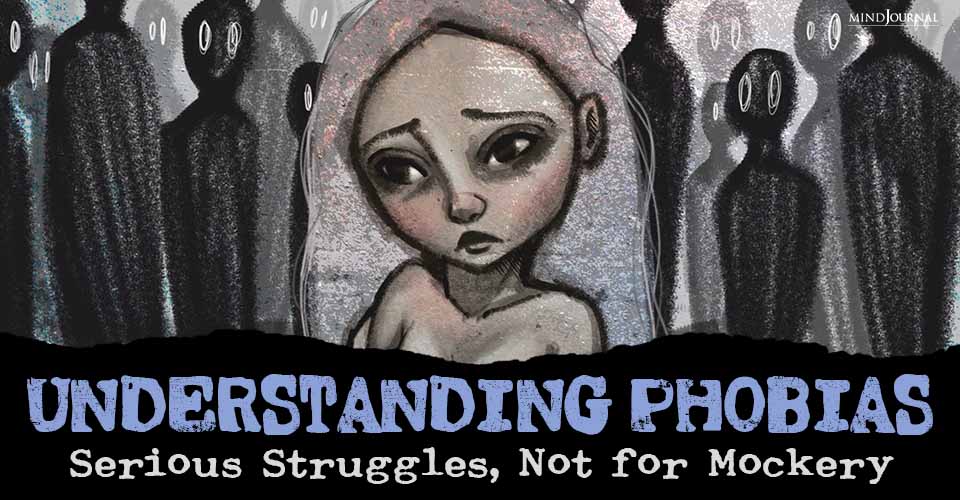

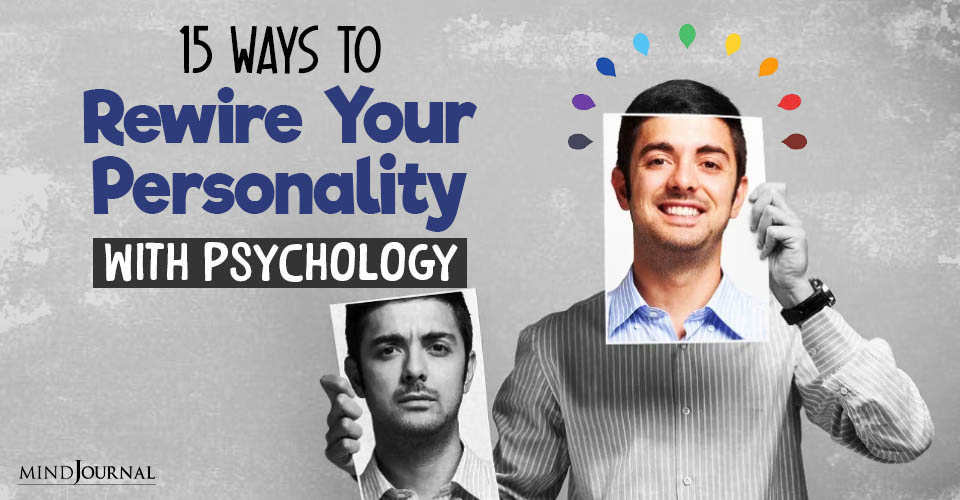
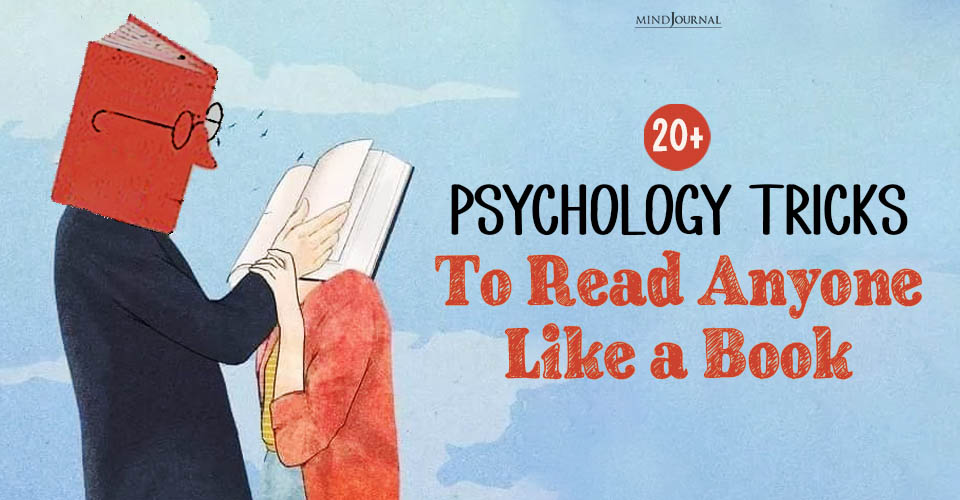
Leave a Reply